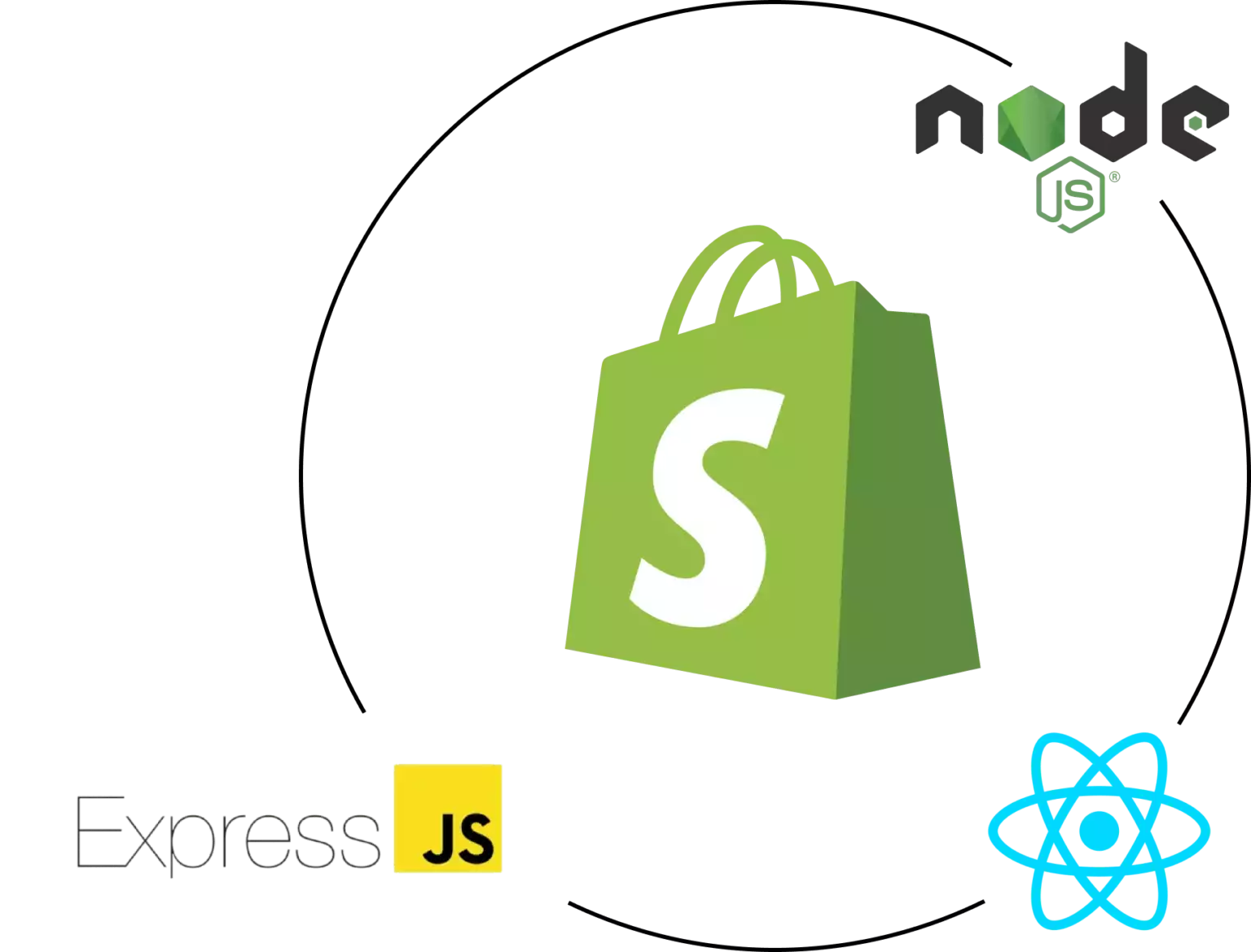Overview
In today’s cutthroat e-commerce environment, standing out is essential, and one of the best ways to differentiate a Shopify store is through tailored app development. A robust Shopify app can enhance store capabilities, streamline operations, and elevate customer engagement. This guide delves into key elements of Shopify app development, covering API integration and app ecosystem to growth techniques and digital marketing approaches, providing a roadmap for businesses looking for unmatched store efficiency.
The Importance of Shopify API Integration
Shopify’s API offers robust tools to customize and expand store capabilities. With the GraphQL and REST API options, developers can access data to build applications that handle inventory control, order handling, and customer data management smoothly. Integrating Shopify’s API can enable improved workflow automation and enables stores to serve customers more effectively.
Utilizing the Polaris Design System
Shopify’s Polaris is Shopify's design system for creating intuitive and accessible Shopify apps. By adhering to Polaris principles, developers ensure that apps seamlessly integrate within the Shopify Admin interface. This provides a cohesive look and feel that appeals to Shopify merchants, promoting ease of use and comfort for merchants utilizing your custom app.
Navigating the Shopify App Ecosystem
The Shopify app ecosystem offers endless possibilities for improving e-commerce sites. From managing fulfillment processes to boosting customer interaction, apps in this environment are tailored to meet diverse business requirements. Learning about this ecosystem helps developers in finding unique app ideas and allows for seamless integration of external tools that enhance the store.
Building Embedded Shopify Apps
Embedded apps integrate directly within the Shopify Admin, providing a smooth interface for merchants. They allow merchants do not need to navigate away from their Shopify control panel, simplifying their process. Using Shopify App Bridge and embedded app capabilities is a best practice for providing a unified, well-integrated user experience.
Leveraging Node.js and React for Shopify Development
The technologies Node.js and React have become top options for Shopify Shopify digital marketing app creation. Node.js enables high-performance server-side applications, while React allows for interactive and adaptive front-end user interfaces. Together, they provide an excellent framework for building fast, scalable Shopify apps that enhance store performance and customer engagement.
Webhooks in Shopify Apps
Webhooks allow real-time data synchronization between Shopify and an external app. They trigger events such as order creation or inventory updates and send instant notifications to your app. By utilizing webhooks, apps can deliver real-time insights for store owners, simplifying processes and increasing efficiency.
Customer Engagement and Digital Marketing for Shopify Apps
To make a Shopify app successful, engaging customers is key. Utilizing digital marketing strategies like SEO, email marketing, and social media campaigns can drive app adoption. Additionally, designing apps with customer engagement in mind (e.g., loyalty programs or personalized recommendations) increases user retention and loyalty.
Scaling Your Shopify App
As e-commerce businesses grow, so do their technological needs. Ensuring that your app can manage higher usage, larger data sets, and more advanced functionalities is critical. By optimizing server resources and Use Node.js in Shopify apps using scalable technologies, you can develop apps that expand in parallel to a store’s growth.
Important Features and Maintenance Tips for Shopify Apps
For an app to be useful, it should include key capabilities like user login, dashboard analytics, and support channels. Regular app upkeep, with updates to fix bugs and ensuring compatibility with new Shopify features, is important to maintain uninterrupted performance and prevent disruptions to merchant workflows.
Summary
Custom Shopify app development holds vast potential for e-commerce stores, offering the chance to enhance performance, streamline processes, and foster customer loyalty. From integrating APIs to ensuring scalability and customer interaction, creating a Shopify app involves thoughtful preparation and well-planned actions. If you’re ready to unlock your store’s full potential, a custom Shopify app may be the ideal solution. What features do you see for your dream application? Share your thoughts and take the first step toward an optimized e-commerce journey!

Comments on “Empower Your Online Store: Custom Shopify App Development to Boost Performance”